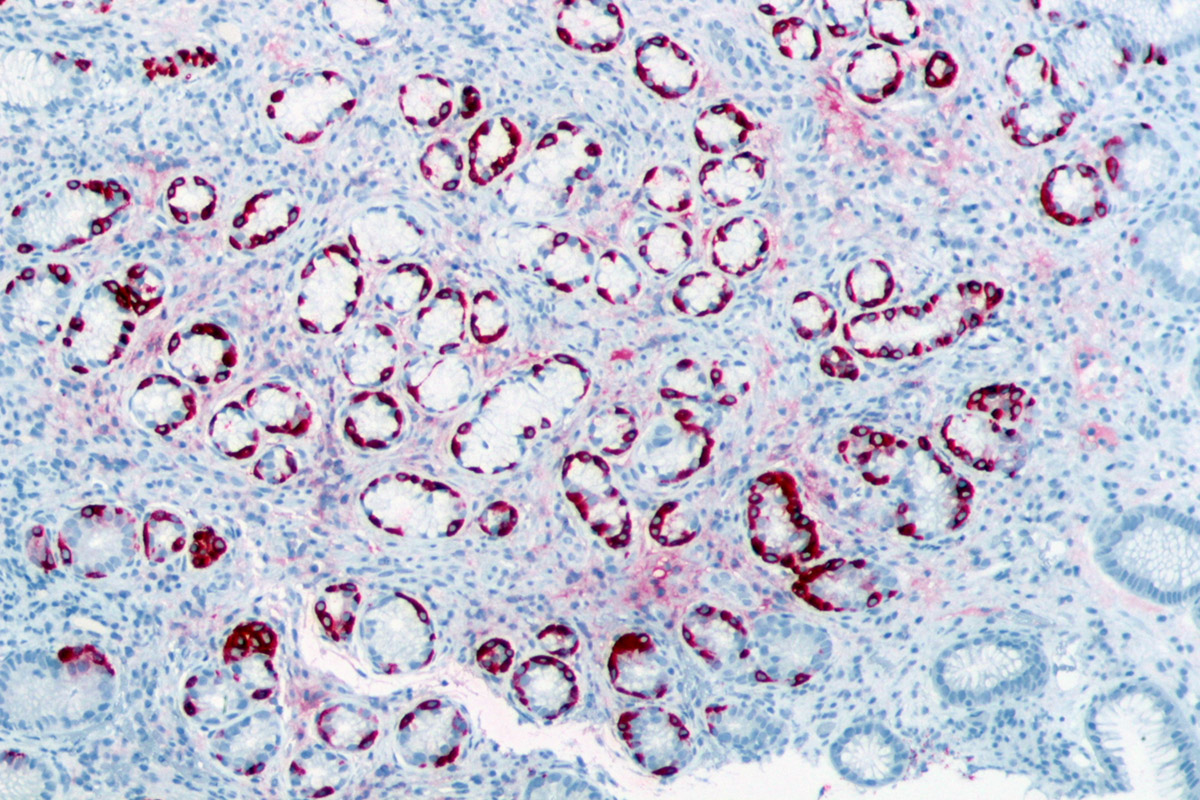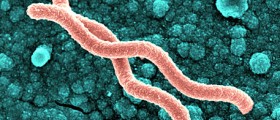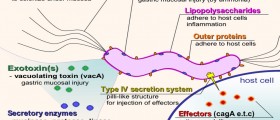
Chronic atrophic gastritis is a chronic inflammation of the mucous membrane of the stomach. The process of inflammation leads to loss of gastric glandular cells. These cells are replaced with intestinal and fibrous tissue. The overall result of the structural changes leads to improper production of many important substances including hydrochloric acid, pepsin and intrinsic factor. Patients suffering from chronic atrophic gastritis eventually develop digestive problems, vitamin B12 deficiency and consequent megaloblastic anemia. The process of inflammation is in this case caused either by persistent infection with helicobacter pylori or autoimmune processes.
Causes of Chronic Atrophic Gastritis
There are many causes of chronic atrophic gastritis. As it has already been mentioned the condition may occur due to chronic infection caused by Helicobacter pylori or it represents an autoimmune illness. Apart from that chronic atrophic gastritis may be associated with intake of certain medications, particularly painkillers such as nonsteroidal anti-inflammatory drugs. Furthermore, chronic atrophic gastritis may be a consequence of excessive consumption of alcohol and alcohol abuse. And finally, removal of a part of the stomach may be a trigger for chronic atrophic gastritis.
Symptoms of Chronic Atrophic Gastritis
Typical symptoms of chronic atrophic gastritis are stomach pain and discomfort in the upper part of the abdomen. Patients additionally complain about indigestion and may occasionally suffer from nausea, vomiting, loss of appetite and weight loss. They may experience bloating after consumption of meat. In general people suffering from chronic atrophic gastritis feel satiated after eating small amount of food.
People who do not produce sufficient amount of intrinsic factor cannot properly absorb vitamin B12 and this eventually results in megaloblastic anemia. This type of anemia features with nausea, diarrhea, decreased appetite, weak muscles, difficulty walking and numbness or tingling sensation in hands or feet. In severe cases there is fatigue, tenderness of the tongue and increased heart rate.
Treatment for Chronic Atrophic Gastritis
It is essential to treat chronic atrophic gastritis since if left neglected the condition worsens and becomes more serious. The stomach may eventually loss its ability to produce digestive juices. Furthermore, this condition is a risk factor for stomach cancer. The goal of the therapy is to reduce the inflammation of the inner layer of the stomach. Most commonly prescribed medications include antacids and acid blockers. Chronic infection caused by Helicobacter pylori is treated with a combination of antibiotics and proton pump inhibitors. Additional treatment includes supplements of vitamin B12. And finally, people suffering from chronic atrophic gastritis must have well balanced diet and avoid specific foods, cigarettes and alcohol.

















Your thoughts on this
Loading...